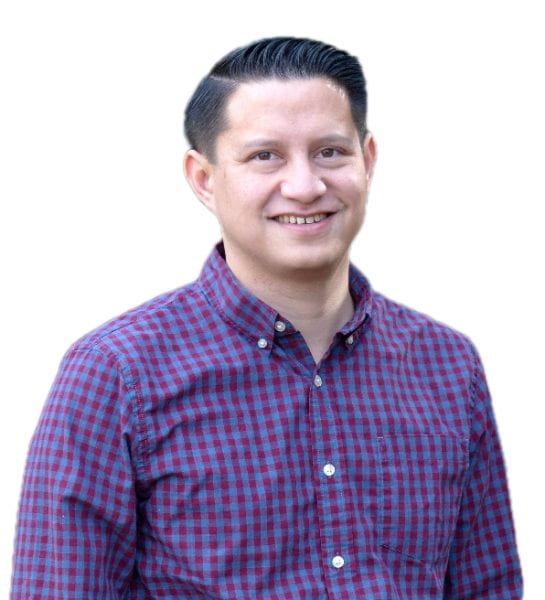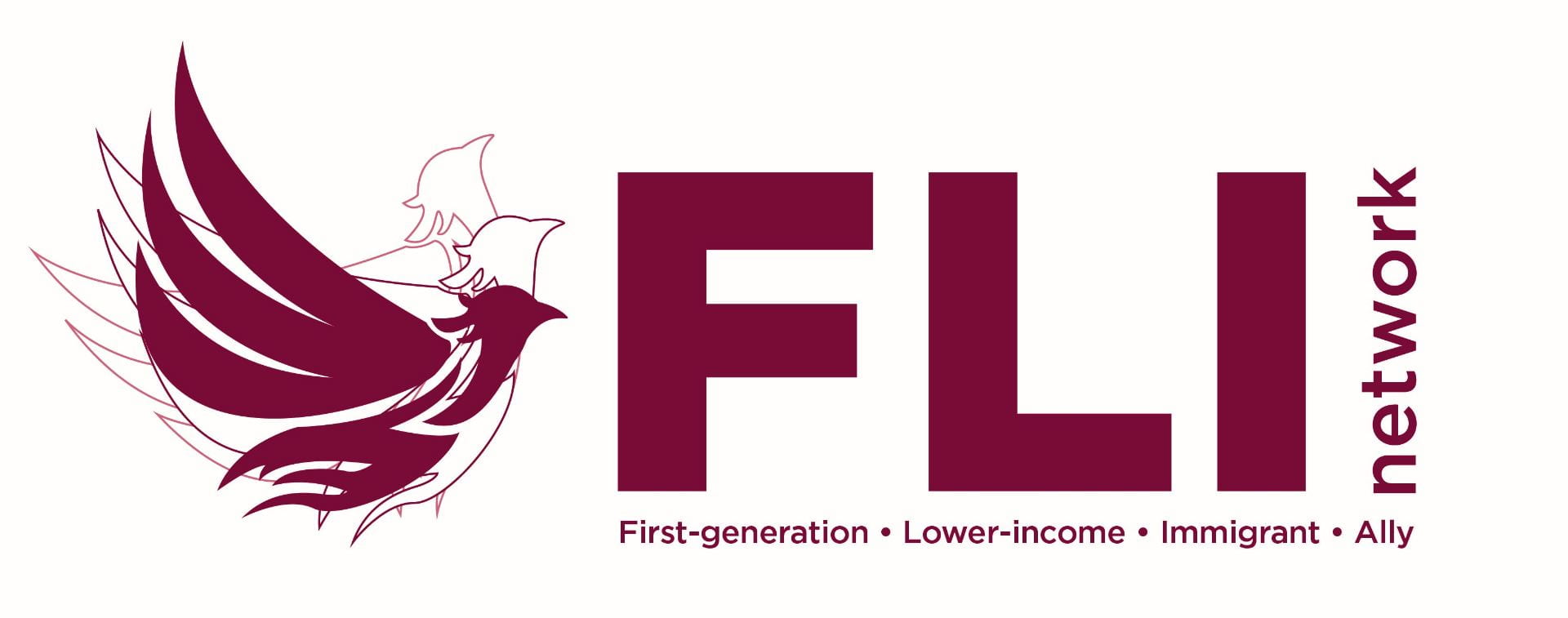
Paul Maurizio is a Postdoctoral Scholar, Section in Genetic Medicine, Department of Medicine at the University of Chicago
Paul Maurizio is a Postdoctoral Scholar studying genomic regulation of the immune system at the University of Chicago. He advocates for improved mental health resources for graduate students and discusses his journey of navigating power structures and academic challenges as a first-generation student.
Following are the highlights of our conversation:
Q. How did your affiliation with the First-generation, Lower-Income, and Immigrant (FLI) community influence your choice of profession?
A. Growing up, I went to a good public school, got into the college of my choice, and worked every summer during my undergraduate program. Despite these experiences, being a first-generation student presented many challenges. As I was navigating applications for my Masters and PhD programs, I did not have a lot of direct guidance. I took inspiration from books, including stories of doctors and scientists who fought infectious diseases through research. At first, I did not think that I had competitive grades, I doubted my skills, and I did not know the career steps for becoming a research scientist. Over time, I learned some of these things from my mentors and peers. But, I also had to adjust expectations of my family members and explain when I would get my first “real job”. I am still training as a postdoctoral scholar, so in a way, I have not gotten my first “real” job yet.
Q. What steps could the community have taken to better support you?
A. During my undergraduate career, I took leadership roles in many student organizations. But, during my graduate program, it was mostly nose to the ground, trying to get work done. The last years of my PhD were especially challenging because of the political climate in the US and the sudden loss of my father. Around that time, I found Asian-American and first-generation graduate student groups that made me feel a bit at home. I could identify with many of the issues that students discussed. The two affinity groups helped me maintain a sense of balance and helped me process what graduate school was doing to me.
Over time, I have also come to understand that policy for supporting FLI students is partly a national issue. The notices and definitions issued by the federal government and funding agencies have a tangible impact on students in labs and research settings around the country. There are probably a lot of scenarios that do not fit formal definitions or guidelines. I believe that all students should be plugged into mental health services from the start of their programs. It has become clear that graduate students need to have a strong mental health safety net. Institutions and local communities should be responsible for making this happen for every student well before they face a major crisis.
Q. How has a mentor or peer influenced your professional or personal journey?
A. A number of professors and mentors have given me important feedback for my career. Sometimes, I have felt uncomfortable discussing my identity or background because it seemed like I was outing or labelling myself. After spending years in academia, succeeding through graduate programs and lab work, I felt that I should be able to perform just as well as anyone else regardless of my background. The mentorship structures helped me navigate through the “imposter syndrome” that I have faced. I also found it helpful to vocalize some of my economic, mental and structural barriers. I try to use my experiences to encourage current students and trainees through their challenges.
Q. What advice do you have for students experiencing Imposter Syndrome?
A. Imposter syndrome is similar to having an overly critical friend who shares their unwanted opinion way too much. No matter what I might achieve, I may never have a complete sense of accomplishment and success. There is often a feeling of anxiety and doubt, of questioning your research and the value of your contributions. Sometimes, you need helpful mantras to get you through a day. You need things to reassert yourself and to remind yourself why you are working so hard. I want to emphasize again that as institutions, we need to destigmatize conversations around mental health. We should provide more resources for students and continue researching effective solutions.
Q. What has been your proudest moment?
A. When my son was four years old, he came to my PhD commencement ceremony. He saw it as sort of a mysteriously magical event, with marches, costumes, and music—the moment “Dad” became a “doctor”. Not every graduate student decides to walk. But I decided to go through with it, partly because I wanted to invite my mom and wife to celebrate their roles in my education and career. Graduation ceremonies are important for families that have contributed a lot of resources and time. Every family makes sacrifices. Commencement ceremonies seem particularly meaningful to FLI students. I regret that this year many students may miss out on having in person graduation ceremonies, but I hope they can have real celebrations with friends and family in the future.
I have another small, but proud moment as a scientist, mostly because it can be quite rare to get feedback on things you have done well. Right before pursuing my PhD, I spent a year as a visiting researcher at Johns Hopkins University. Years after I left, I caught up with one of the graduate students there. He mentioned that he really appreciated my lab notebook because my detailed notes helped him a lot during his graduate program. This comment made me realize that what you bring to an environment as an academic, the energy you bring as a person and the things you leave behind can have an enduring impact, long after you are gone.
